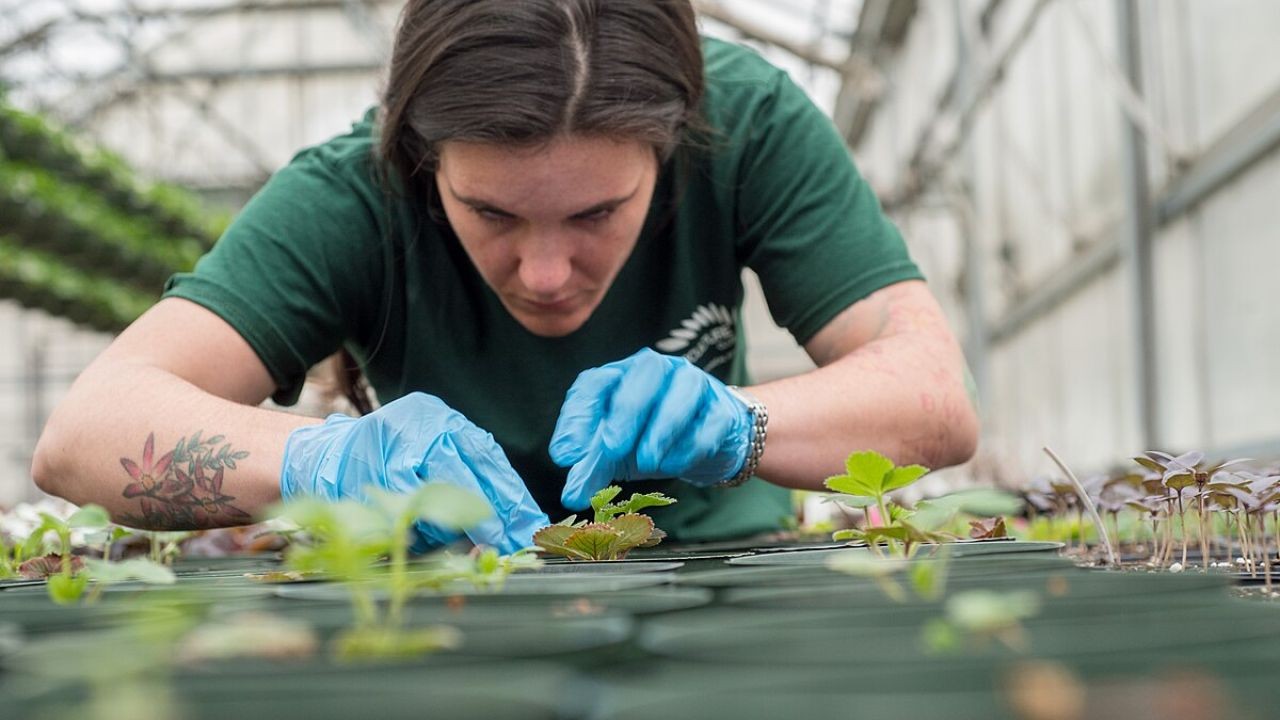New Zealand, with its stunning landscapes and unique biodiversity, often finds itself at the forefront of global environmental conversations. But how much responsibility does this island nation truly bear in addressing worldwide environmental challenges? The answer is not as straightforward as it might seem. By examining local policies, economic factors, and industry trends, we can uncover New Zealand's role in the global environmental arena. Let's delve into this pressing topic with a data-backed analysis and explore what the future might hold.
Future Trends: New Zealand's Environmental Commitments
New Zealand has made significant strides in committing to environmental sustainability. The government aims to reach net-zero carbon emissions by 2050, as outlined in the climate change Response (Zero Carbon) Amendment Act. This ambitious goal positions New Zealand as a leader in the fight against climate change, but it also presents unique challenges and opportunities for businesses and industries across the nation.
According to Stats NZ, the country's renewable energy production reached 82% in 2020, one of the highest in the world. This shift towards renewable energy not only reduces greenhouse gas emissions but also sets a benchmark for other nations. However, transitioning to a fully sustainable economy will require continued innovation and investment, particularly in sectors like agriculture, which is responsible for nearly half of New Zealand's emissions.
Industry Insight: Agriculture's Role in Sustainability
Agriculture, a cornerstone of New Zealand's economy, faces significant pressure to adapt to environmental demands. The sector must balance productivity with sustainability, a challenge that has led to the development of new technologies and practices. For instance, the introduction of methane-reducing feed additives could significantly lower emissions from livestock, which account for a large portion of agricultural emissions.
New Zealand's Ministry for Primary Industries has been investing in research to support these innovations, understanding that the global demand for sustainable agricultural practices is only set to increase. By adopting cutting-edge solutions, Kiwi farmers can maintain their competitive edge while contributing to global environmental goals.
Myth vs. Reality: New Zealand's Environmental Influence
Myth: New Zealand's Small Size Limits Its Impact
Reality: Despite its size, New Zealand's environmental policies and innovations can have substantial global influence. The nation's commitment to reducing emissions and increasing renewable energy use serves as a model for other countries. Additionally, New Zealand's participation in international climate agreements amplifies its voice in global discussions.
Myth: Sustainable Practices Are Too Costly for Businesses
Reality: While initial investments in sustainable practices can be high, the long-term benefits often outweigh the costs. A 2023 report by the Ministry of Business, Innovation and Employment (MBIE) found that businesses adopting sustainable practices saw an average increase in profitability of 15% over five years, driven by increased efficiency and consumer demand for eco-friendly products.
Myth: renewable energy Is Unreliable
Reality: Technological advancements have greatly improved the reliability of renewable energy sources. In fact, the Reserve Bank of New Zealand reports that the stability and cost-effectiveness of renewable energy have led to decreased energy costs and increased energy independence, bolstering the economy.
Case Study: Fonterra's Path to Sustainability
Case Study: Fonterra – Reducing Environmental Impact
Problem: Fonterra, New Zealand's leading dairy cooperative, faced criticism for its environmental impact, particularly its carbon emissions and water usage. Industry data indicated that similar dairy producers were under pressure to reduce their carbon footprints.
Action: To address these concerns, Fonterra implemented a comprehensive sustainability strategy. This included investing in methane-reducing feed, improving waste management systems, and enhancing energy efficiency across their operations.
Result: Over a three-year period, Fonterra reported significant improvements:
- carbon emissions reduced by 20%
- Energy costs decreased by 15%
- Water usage cut by 10%
Takeaway: Fonterra's efforts highlight the importance of innovation in achieving sustainability goals. By adopting eco-friendly practices, businesses not only improve their environmental impact but also enhance operational efficiency and profitability. This case study underscores the potential for New Zealand companies to lead in global sustainability efforts.
Common Mistakes in Environmental Sustainability
- Overlooking Long-term Benefits: Many businesses focus on the short-term costs of sustainable practices without considering long-term savings and benefits. Investing in sustainability can lead to significant cost reductions and improved brand reputation.
- Ignoring Technological Advances: Failing to adopt new technologies can hinder a company's ability to reduce its environmental impact. Staying informed about the latest innovations is crucial for maintaining competitiveness.
- Lack of Collaboration: Environmental challenges require collective action. Companies that fail to collaborate with other industry players, government bodies, and NGOs may miss out on valuable resources and support.
Future of Environmental Responsibility in New Zealand
Looking ahead, New Zealand's role in tackling global environmental issues is set to grow. A report by Deloitte predicts that by 2030, New Zealand could achieve 100% renewable energy production, setting a global standard. Additionally, the country's emphasis on sustainable agriculture and eco-tourism is expected to enhance its reputation as a world leader in environmental responsibility.
Emerging trends suggest that businesses incorporating sustainability into their core strategies will not only thrive but also drive broader industry changes. As New Zealand continues to innovate and lead by example, it reaffirms its commitment to protecting the planet for future generations.
Conclusion: Embracing New Zealand's Environmental Responsibility
New Zealand's journey toward sustainability is both inspiring and imperative. While challenges remain, the nation's proactive approach and dedication to environmental stewardship position it as a global leader. As businesses and industries continue to innovate and collaborate, New Zealand's impact on global environmental issues will only strengthen.
What steps will your business take to contribute to New Zealand's sustainability goals? Share your thoughts and join the conversation.
People Also Ask
- How does New Zealand's renewable energy impact its economy? New Zealand's focus on renewable energy has led to lower energy costs and increased energy independence, boosting the economy and setting a global standard for sustainability.
- What are common misconceptions about New Zealand's environmental efforts? A common myth is that New Zealand's small size limits its impact. However, its innovative policies and participation in international agreements amplify its global influence.
- What strategies can businesses adopt for sustainability? Businesses should invest in renewable energy, adopt sustainable agricultural practices, and collaborate with industry and government to achieve long-term environmental goals.
Related Search Queries
- New Zealand environmental policies
- Sustainable agriculture in New Zealand
- renewable energy trends NZ
- Fonterra sustainability initiatives
- Global environmental challenges NZ
- Impact of climate change on New Zealand
- Zero Carbon Act New Zealand
- Sustainable business practices NZ
- Future of renewable energy in NZ
- Environmental responsibility in New Zealand






























